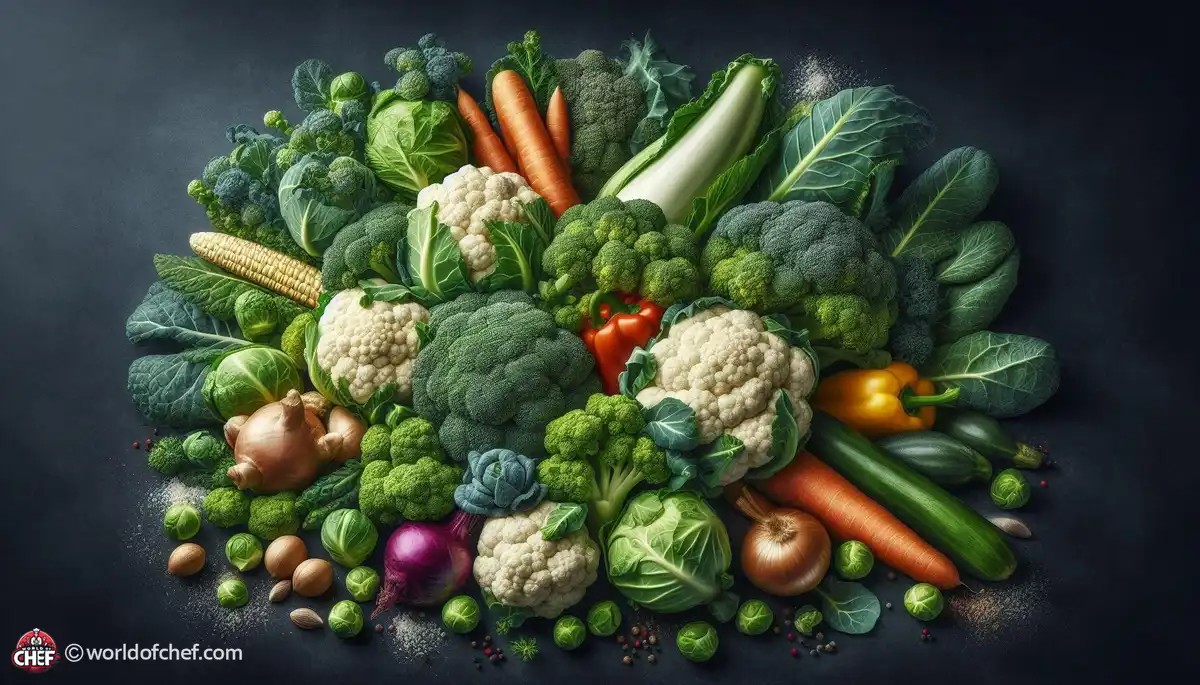
Unveiling the Power of Cruciferous Vegetables in Cancer Prevention
Eloise Jester - Mar 26, 2025 - 8 min read

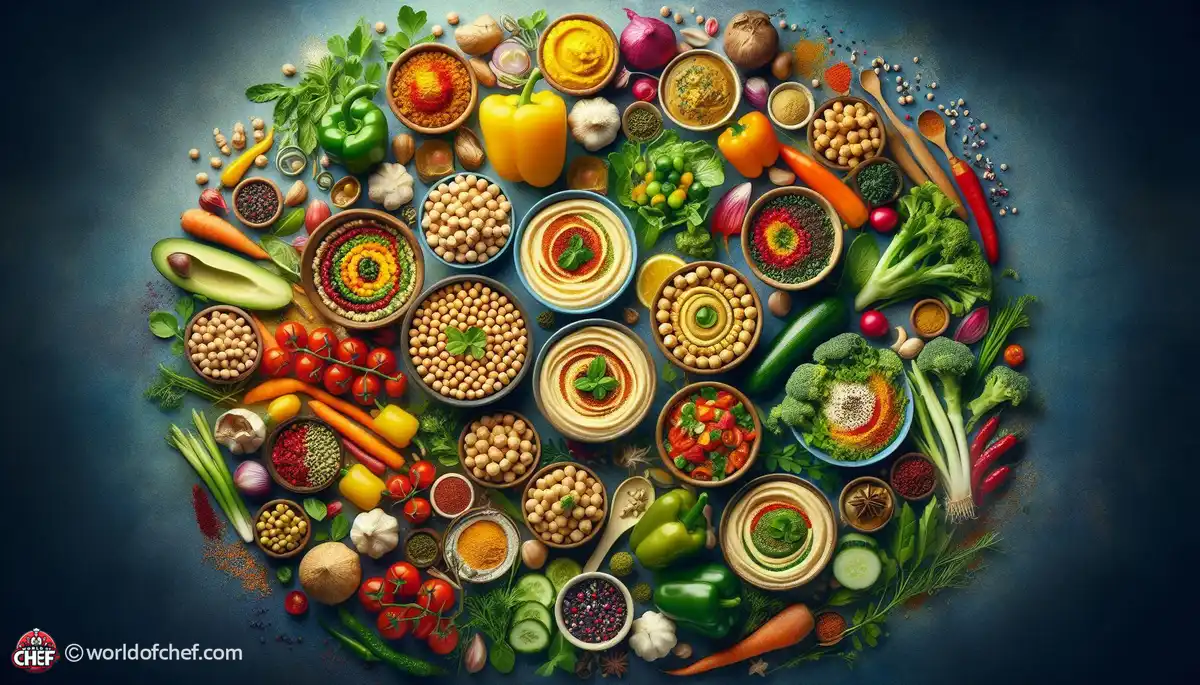
Chickpeas, or garbanzo beans, happen to be one of the most versatile and nutritious legumes used for centuries across various cuisines around the world. Savory dishes, sweet treats, and everything in between- chickpeas provide an endless variety of culinary options. Here we shall look into the wide-ranging benefits and uses of chickpeas, starting from their nutritional value all the way to creative recipe ideas.
Chickpeas, because of their rich content in plant-based protein, serve as a very great source of food for vegetarians and vegans in attaining the necessary amounts of protein. Protein from the chickpea could stand at about 15 grams in a cooked cup; this might surpass the other animal-based sources. This level of protein together with fewer fats and higher fibers proves to be both filling and heart friendly.
Chickpeas are rich in nutrients, including protein, folate, iron, magnesium, and zinc. Folate is essential for cell division and DNA synthesis. It is very important in pregnant women because of this. Iron is used for oxygen transport in the blood, and magnesium plays a role in hundreds of biochemical reactions in the body. Zinc is important for immune function and wound healing, making chickpeas a nutrient-dense addition to any diet.
Chickpeas are full of fiber that ensures not only satiety but also digestive health. Fiber aids in easy, smooth bowel movements, helps in preventing constipation, and promotes the growth of healthy bacteria in the gut. This can result in a healthy gut microbiome and even lower the risk of GI disorders like diverticulitis and irritable bowel syndrome.
The other significant benefit of chickpeas is the variety in cooking. Chickpeas can be used to prepare hummus, salads, soups, stews, or even desserts. Chickpeas can be mashed, roasted, pureed, or sprouted according to your creativity. They come in both canned and dried forms, and it's not hard to find one at any local store if needed.
Hummus is a creamy dip that is prepared with chickpeas, tahini, lemon juice, garlic, and olive oil. Perhaps one of the most iconic uses of chickpeas in Mediterranean cuisine, hummus is a delicious and nutritious way to include chickpeas in your diet, whether enjoyed as a dip for vegetables or spread on sandwiches and wraps.
Another favorite is chickpea salad. It shows how versatile the legume can be. Combine cooked chickpeas with diced vegetables like tomatoes, cucumbers, bell peppers, and red onions. Dress the salad using olive oil, lemon juice, and herbs like parsley and mint for a refreshing meal.
Roasted chickpeas are crunchy and addictive snacks for those who need to curb their cravings. All you have to do is toss cooked chickpeas with olive oil and seasonings such as smoked paprika, cumin, garlic powder, or nutritional yeast. Roast them in the oven until crispy, and you have a healthy snack alternative to chips or popcorn.
Even the sweet dishes, for instance chickpea blondies, or Chocolate Chip chickpea cookies can also be made using chickpeas. Chickpeas when combined with almond butter, maple syrup, and some extracts of vanilla can form almost the same texture of ingredients used in regular baked stuff like flour and eggs, thus making healthier versions of desserts that are not just full of proteins and fiber.
The combination of fiber, protein, and antioxidants in chickpeas may help reduce cholesterol levels, thus reducing the risk of heart disease. In many studies, it has been demonstrated that diets with a high proportion of legumes, such as chickpeas, improve various markers of heart health, including blood pressure and inflammation levels.
Chickpeas are known to have a low glycemic index, thereby raising blood sugar levels steadily and gradually. This makes chickpeas an excellent option for those suffering from diabetes or anyone trying to maintain control over their blood sugar. The fiber and protein in chickpeas also help the individual feel full and reduce spiking of blood sugar levels after meals.
Chickpeas have been found to be very rich in fiber and proteins. This leads to having fuller feelings and, thus, lesser calorie intake in the long run. Consuming chickpeas reduces hunger and thus less overeating, thereby helping a person manage his or her weight. Moreover, chickpeas provide energy with the complex carbohydrates that are being released throughout the day.
Chickpeas are a good source of some nutrients that strengthen bones like calcium, magnesium, and phosphorus. These minerals, therefore, form the key to strong and healthy bones, and keeping them with minimum risk for fractures or osteoporosis especially when individuals get older. Optimal bone strength and density will thus be guaranteed through dieting containing chickpeas.
Chickpeas are indeed a nutritional powerhouse, providing many Health Benefits and culinary possibilities. Whether you want to increase your protein intake, support digestive health, or just add some variety to your meals, chickpeas are a versatile and delicious ingredient to include in your diet. From savory dishes like hummus and salads to sweet treats like blondies and cookies, the possibilities with chickpeas are endless. The next time you go to the market, make sure to bring home this humble bean, and discover how you can use it in your own kitchen.

Eloise Jester - Mar 26, 2025 - 8 min read
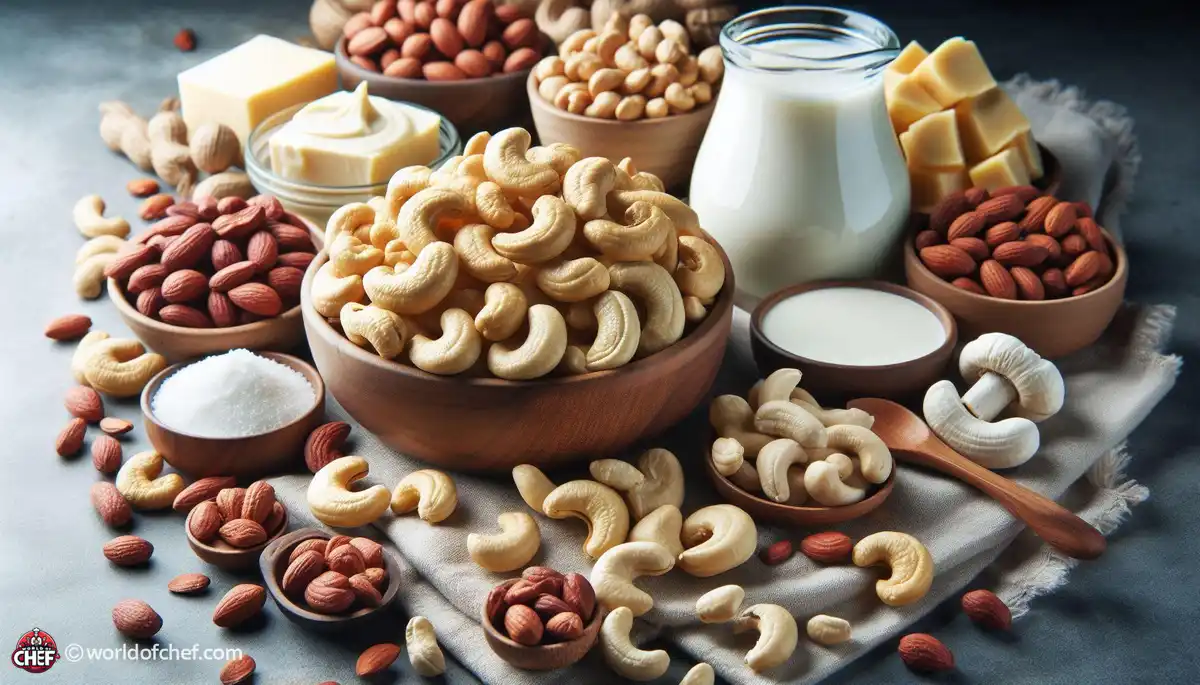
Wayne Tobar - Mar 23, 2025 - 6 min read
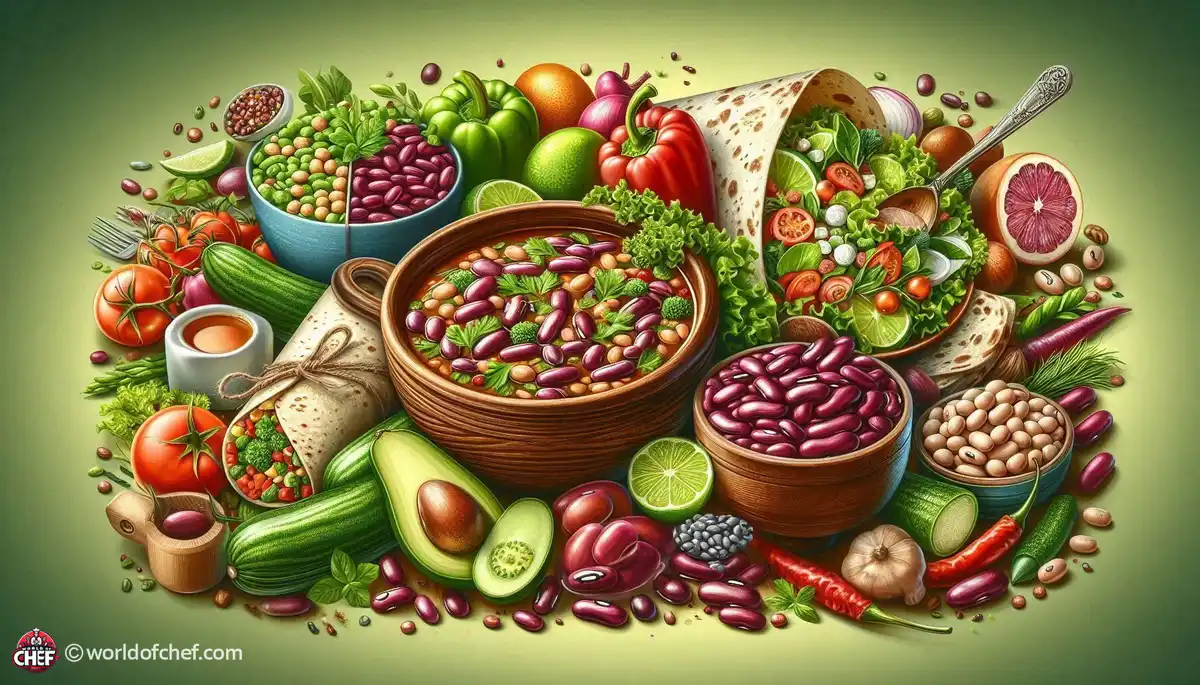
Harold Turcios - Mar 19, 2025 - 7 min read
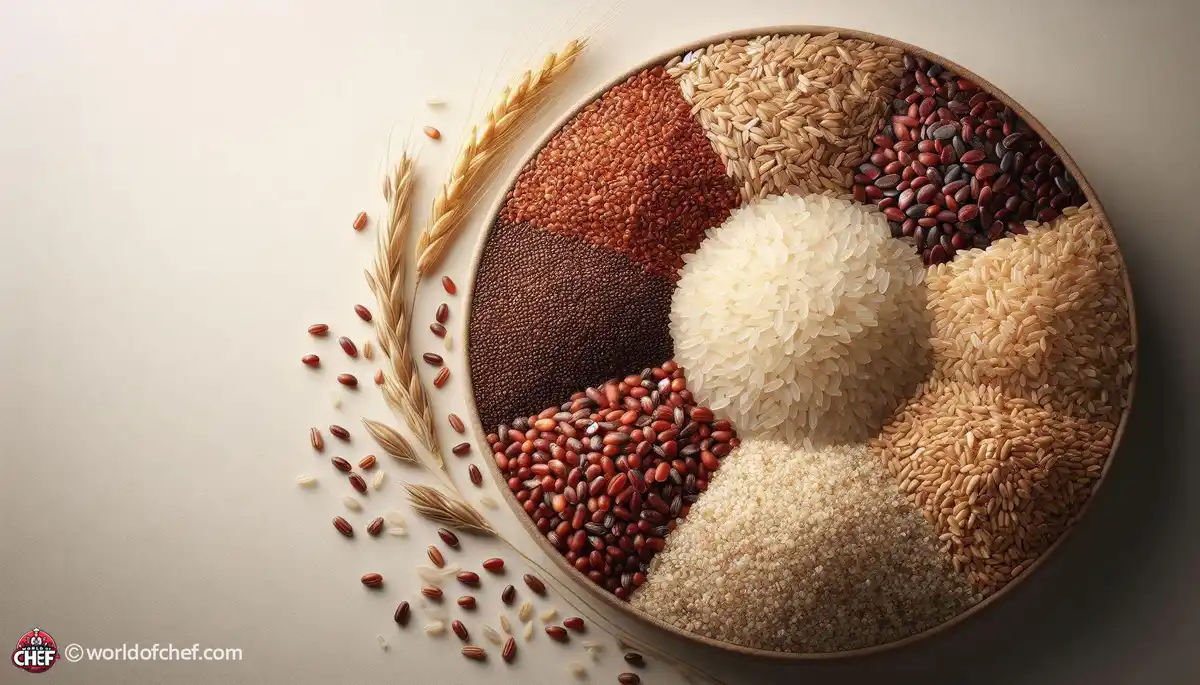
Nevaeh Zeng - Mar 16, 2025 - 6 min read